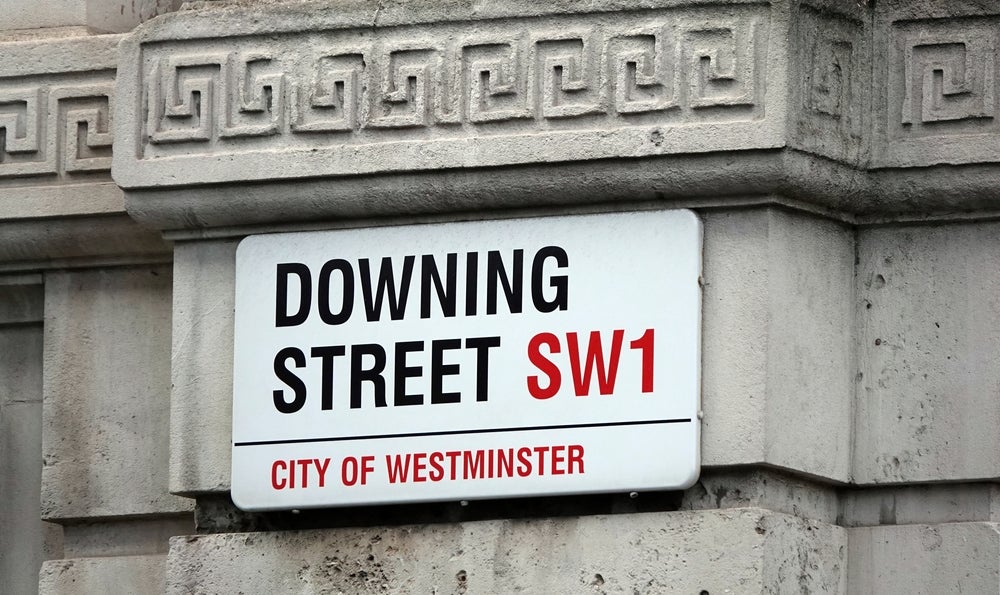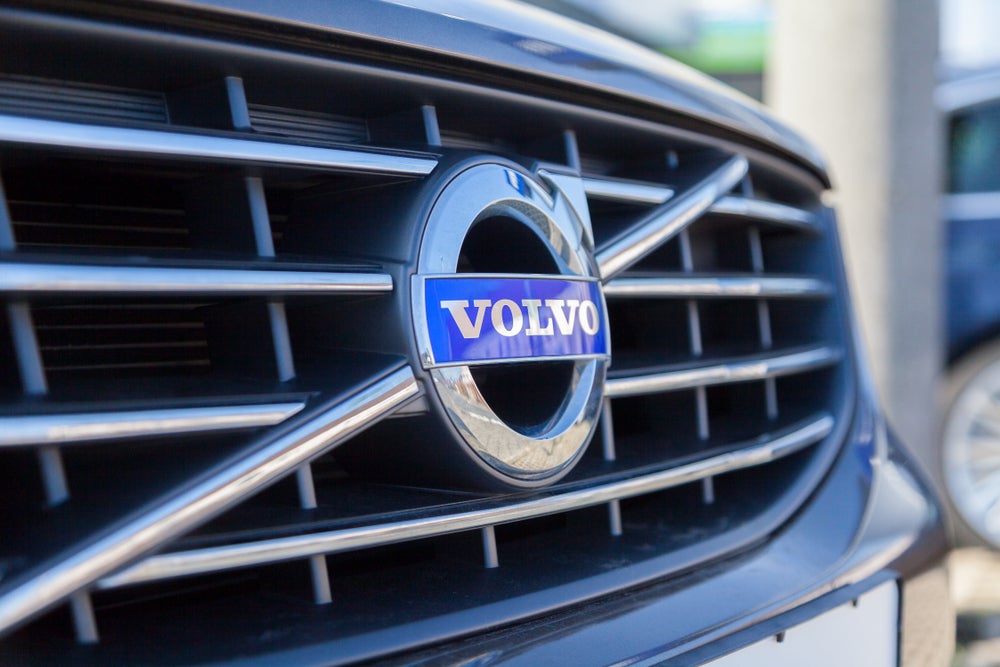
UK Chancellor of the Exchequer, Jeremy Hunt, said during yesterday’s Autumn Statement 2022, that electric cars will no longer be exempt from vehicle excise duty (road tax) from 2025, in a move that signals the government of Rishi Sunak is looking to make up for lost revenue from declining numbers of internal combustion engine (ICE) vehicles on UK roads.
With about 1 million EVs on the roads and this number expected to increase, a decision to shift the tax burden from ICE vehicles to EVs was always a matter of when and not if.
Approximately 15% of the new vehicles sold this year are battery-operated and used EVs are also growing significantly so the auto industry will not be surprised by what’s been announced.
The motor finance industry has largely accepted the inevitability of the government’s move, but some, like Hugo Griffiths of Carwow, have raised concerns about a retrospective ‘devil in the detail’ aspect to taxing EVs.
“There’s a nasty surprise lurking around the corner for existing EV owners: it’s not just new EVs that will have to pay road tax from 2025: electric cars registered from 1 April 2017 will also be subject to the £165 charge. Given changes to road tax regimes tend not to be retrospective, not honouring the system that was in place when older cars were purchased, seems rather unfair.”
Ashley Barnett, head of fleet consultancy at Lex Autolease, urged caution: “The electric vehicle market has grown exponentially in recent years, creating a shortfall in motoring tax revenue. However, when coupled with rising vehicle and electricity prices, we must remain cautious of introducing further barriers to adoption.”
How well do you really know your competitors?
Access the most comprehensive Company Profiles on the market, powered by GlobalData. Save hours of research. Gain competitive edge.

Thank you!
Your download email will arrive shortly
Not ready to buy yet? Download a free sample
We are confident about the unique quality of our Company Profiles. However, we want you to make the most beneficial decision for your business, so we offer a free sample that you can download by submitting the below form
By GlobalDataAuto manufacturer Ford issued a downbeat assessment of the changes, with Tim Slatter, Ford UK chairman, calling the government’s announcement to impose VED for electric vehicles from 2025 “a short-sighted move”.
Autumn Statement 2022
“We are still many years from the ‘tipping point’ when electric vehicles will reach cost parity with petrol and diesel vehicles. Until then, we should be incentivising customers to make the greener choice. This is particularly important for commercial vehicles, where take-up of electric models lags behind passenger cars. CVs are driving businesses forward to a greener future. Home deliveries and other increases in urban CV traffic also make the switch to zero-emission vans important for air quality, health and noise benefits.”
Joanne Robinson, director of lenders at Zuto, a car finance broker, described the chancellor’s claim that EVs will make up 50% of new vehicles on the road by 2025 as “a little high”.
“The sale of new models often depends on the buyer’s ability to sell their used car. Demand for used EVs currently far outweighs supply which keeps second-hand prices high. The cost of living crisis is making drivers reconsider the type of car they might buy and those holding out for a more affordable EV model will now have to factor in road tax as a yearly cost.”
BiK changes bring a smile
Meanwhile, in a move that will please fleet managers, the Chancellor said that Benefit-in-Kind (BIK) taxation for EVs will continue to be kept low to increase uptake.
BiK taxes are perks given by employers to workers that are not included in their declared salary and the Chancellor said that EVs will also be subject to benefit-in-kind company car tax, albeit at a lower rate than petrol and diesel cars. (Rate increases will be limited to one percentage point per year from 2025.)
Ian Hughes, CEO Corporate Division at Zenith Vehicles, struck a tone many in the sector will chime with: “By setting appropriate BiK rates for the foreseeable future, we expect the current growth trends, of which nine out of 10 orders in our salary sacrifice order bank are electric vehicles, will continue as we support our customers on their sustainability ambitions.”
Gerry Keaney, chief executive of the BVRLA, said: “Benefit in Kind rates remaining fair, alongside the clarity provided by years of foresight, gives us a clear path on the road to net zero. The long-term health of the market has been boosted by today’s announcement.”
Andy Bruce, CEO of Fleet Alliance, said the decision “to keep BIK rates benign on EVs will ensure we can continue to encourage as many drivers as possible to switch to zero-emission motoring, whether they are company car drivers or employees benefiting from a progressive electric car salary sacrifice scheme.”
“I think this gives the fleet sector the reassurance that the Government continues to support the green agenda, and ensures we can continue working with employers who wish to drive their ESG agenda forward. With salary sacrifice they can do that by offering electric cars to all their employees who don’t qualify for an electric company car,” Bruce said.
Joanne Robinson of Zuto, said: “Once the anticipated influx of new EVs enter the market, we do expect prices to come down on second-hand ones. And with ongoing investment into e-fleets – which the 1% limit on benefit in kind (BIK) will help – used company EVs will soon be trickling into second-hand supply.”
Mixed bag
The Association of Fleet Professionals (AFP) described the statement as a “mixed bag” for fleets with some welcome gains and some obvious losses – plus a return to economic austerity.
Paul Hollick, chair at the industry body, said that the biggest win came from the news that increases on company car taxation for electric vehicles would only rise by 1% a year to a maximum of 5% from 2025-26 through to 2027-28.
He said: “We’ve been campaigning, along with the BVRLA and other industry bodies, to ask the government to both limit any rise in benefit in kind for EVs and to provide longer term certainty that would allow fleets to plan for the future. Here, we feel as though we have been listened to, and that well-judged measures have been put in place that will enable fleets to continue to plan for electrification through to near the end of the decade.”
Austerity
A return to austerity was also how Peter Golding, managing director, FleetCheck, a software specialist company, characterised the budget.
“Although the government very much wants to avoid using the word, today’s fiscal statement signals a new period of austerity similar to that seen after the global financial crash and businesses across the country will be looking to their cost base in order to identify areas where savings can be made.
“Car, van and truck fleets will be very much part of this process and, for us, it is clear that the story of 2023 for this sector is very much going to be about trying to reduce costs and extract more value from the money that is being spent.
“The difficulty is that this will occur at the same time as major strategic shifts in fleet management are occurring, notably electrification, and juggling these priorities will be extremely demanding. We believe that meeting all of these objectives is certainly possible but it’s not going to be easy and will potentially place a great deal of pressure on managers, drivers, suppliers, processes and technology.”
See Used car market down in Q3 2022 but EV sales at record high: SMMT and Consumer car finance new business volumes fell by 5% in September 2022: FLA







